Aruna Irani

Subscribe to read full article
This section is for paid subscribers only. Our subscription is only $37/- for one full year.
You get unlimited access to all paid section and features on the website with this subscription.
Not ready for a full subscription?
You can access this article for $2 , and have it saved to your account for one year.
- Born: 18 August 1946 (Bombay)
- Primary Cinema: Hindi
- Parents: Faredun Irani; Saguna
- Spouse: Kuku Kohli
Life is often dictated by circumstances that force us to embark upon paths that we had not once thought we would go on. Such was the case with Aruna Irani also.
Born in Bombay in a large family (with eight siblings), Aruna Irani was the daughter of Faredun Irani, a drama troupe proprietor and his wife, Saguna, an actress with the drama company. Failing fortunes of drama companies and family responsibilities meant that at a wee age, Aruna Irani had to stop going to school and was forced to get work to support and supplement the family income.
An audition for Ganga Jumna (1961) clicked and Aruna found herself employed (as a child artiste), playing the younger Azra. With her focus being clear – to get work and support her family – Aruna, both in her phase as a child artiste and then as a grown-up actress, was willing to accept any roles that came her way. She also appeared as Mala Sinha’s younger self in Anpadh (1962).
Most of her early adult roles were in B films and those of supporting characters such as the heroine’s friend/ sister etc. In this phase, she appeared in small roles in movies like Jahanara (1964), Farz (1967), Upkar (1967), and Aaya Saawan Jhoom ke (1969). It was her association with Mehmood, the king of comedy, in films such as Aulad (1968), Humjoli (1972), Devi (1970), Naya Zamana (1971), Bombay To Goa (1972), Garam Masala (1972), Do Phool (1973) that helped her progress from a small character artiste to a heroine. She was cast as the lead heroine opposite Amitabh Bachchan in Mehmood Ali’s Bombay To Goa (1972). While it helped her for a while, the fallout of their personal relationship did lead to her getting no work for 3 long years at the peak of her acting days. Desperate to get work, Irani again opted for anything that came her way – often miniscule character roles. It was at this time that several offers from regional cinema came her way and she branched into accepting lead and supporting characters in Gujarati, Marathi and Kannada cinema.
She went on to establish herself as one of the most decorated supporting actors in the film industry. She won two Filmfare Awards in that category – for Pet Pyar Aur Paap (1984) and Beta (1992). She further received nominations for her work in Caravan, Bobby (1973), Do Jhoot (1975), Khoon Pasina (1977), Rocky (1981), Suhaag (1994), Kartavya (1995) and Ghulam-e-Mustafa (1997). Other notable performances by her include Fakira (1976), Sargam (1979), Red Rose (1980), and Love Story (1981). She has become iconic for the mother roles she played in films of the 80s and 90s. She was awarded the Filmfare Lifetime Achievement Award in 2012.
A number of songs have also been picturized on her in her career such as Meri beri ke ber mat toro (Anokhi Raat, 1968), Chadti jawani meri chaal mastani and Ab jo mile hai (Caravan, 1971), Main shayar to nahin (Bobby, 1973) Kahin se koi (Bhoola Bhatka, 1975), Chali thi thumka deke thaske (Do Chehere, 1977) and Thoda resham lagta hai (Jyoti, 1981).
In a long career, now spanning across five decades, Aruna Irani has made the most of her opportunities coming her way, acting in more than 500 movies and a number of television serials (wherein she not only acted but also some which she produced and directed) such as Mehendi Laga Ke Rakhna, Rab Ne Bana Di Jodi, and Des Mein Nikla Hoga Chand.
She married film director Kuku Kohli. Her brothers Indra Kumar, Adi Irani and Firoz Irani are also engaged in the film industry.
-
Filmography (326)
SortRole
-

Badmash No. 1 2002
-
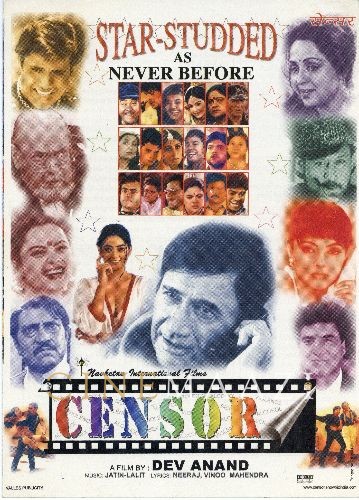
Censor 2001
-

Beti No.1 2000
-
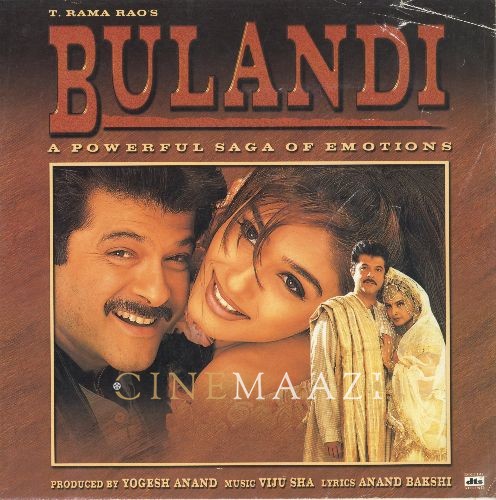
Bulandi 2000
-
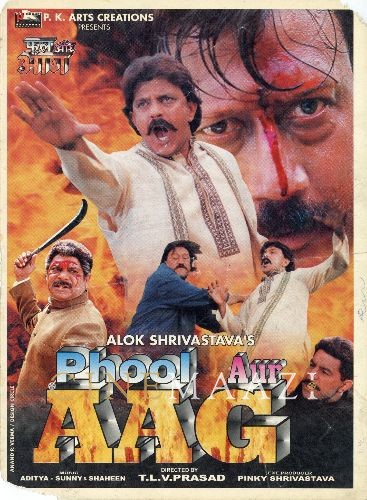
Phool Aur Aag 1999
-

Rajaji 1999
-

Aarzoo 1999
-

Anari No. 1 1999
-

Iski Topi Uske Sarr 1998
-

Saazish 1998
-

Maharaja 1998
-
-
Awards (2)

Filmfare Awards, 1985
Best Supporting Actress Award: Pet Pyar Aur Paap (1984)
Filmfare Awards, 1993
Best Supporting Actress Award: Beta (1992)



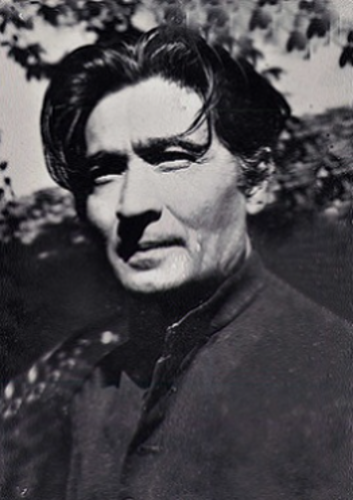
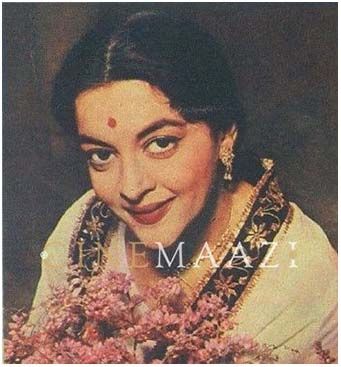
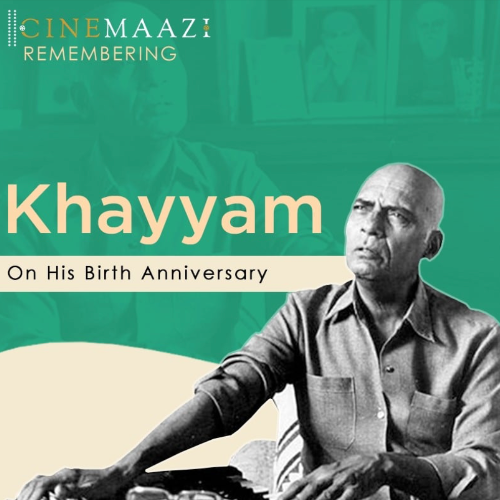
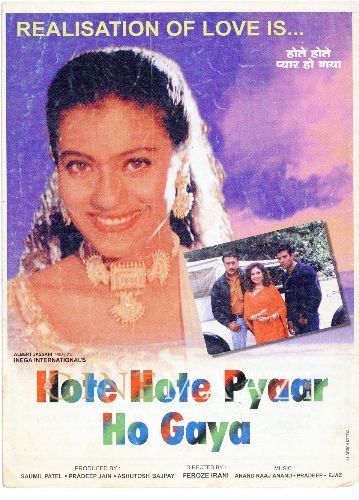

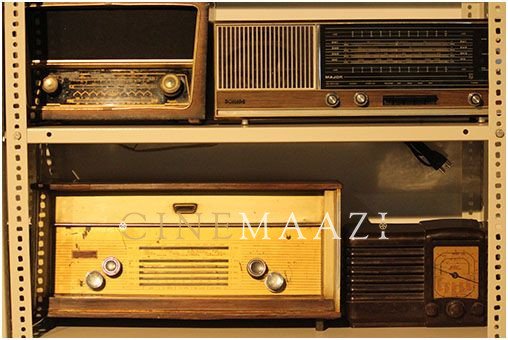
.jpg)



